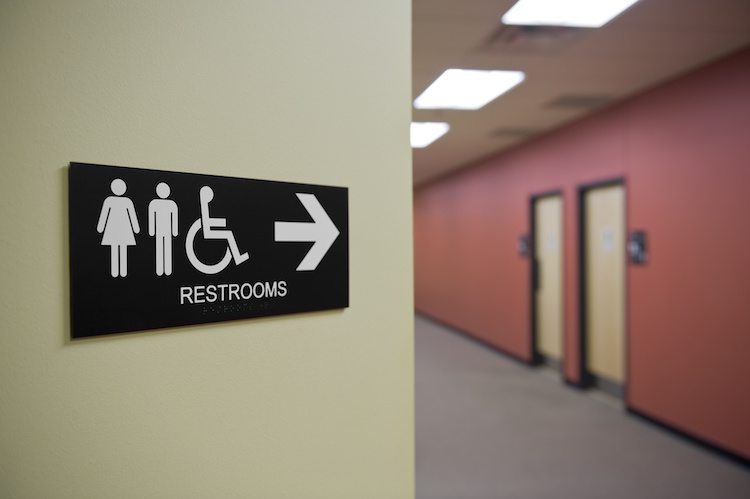Excess fluid in the body is a common problem for people with congestive heart failure. Diuretics are helpful medications. They remove excess fluid from your body so that your heart and kidneys won’t get overworked. Many people with heart failure have to take diuretics regularly. If your doctor has prescribed a diuretic for you, it is important to follow instructions carefully and take them exactly as you are instructed.

